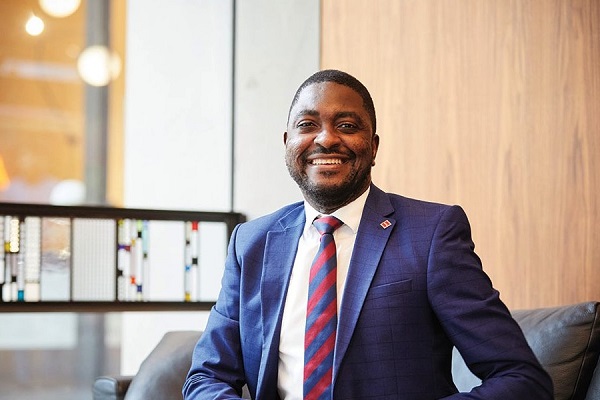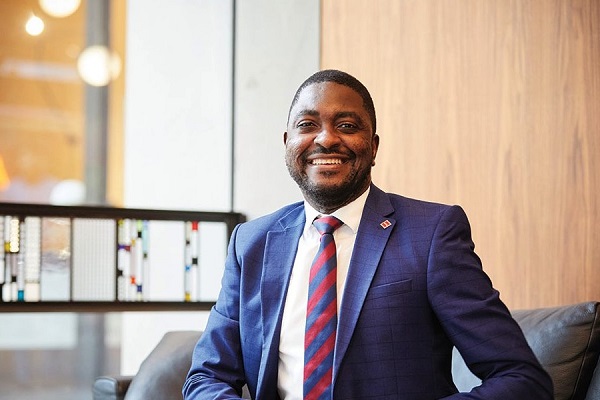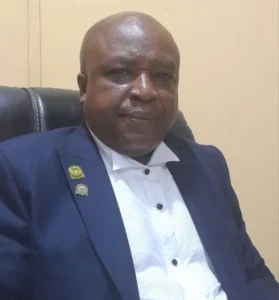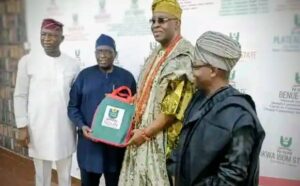
The Association of Chartered Certified Accountants (ACCA) has called for more deployment of technology in accounting practices to reduce human error and tackle fraud.
Speaking during an informal stakeholders’ engagement organised by ACCA in Lagos, ACCA Global President, Joseph Owolabi, said that technology is crucial in accounting practice.
According to him, gone were the days when accountants work with big books.
“Now, we have simple systems like Finacle, Flexcube and so on, where people can process transactions seamlessly. Technology is important because there are many transactions that take place daily. For instance, millions of people use Automated Teller Machines (ATMs), imagine trying to reconcile those transactions manually!
“That’s where systems come in. Systems also help prevent human error. Someone processing transactions can get tired and make mistakes. But if you set the computer or systems right, there is reduced error and sometimes, it helps prevent fraud,” he stated.

Continuing, he said: “Technology is crucial, but there are challenges around the quality of data. In large organisations, technology will continue to play a vital role in transaction processing and internal controls. I think there are roles and responsibilities for accountants and technology in every organization”.
Owolabi, who is the first-ever President of the ACCA Global Council from Africa, took questions from members on the state of the economy, and exchange rate among others.
He said accountants do not need to be technology experts, but they know the right questions to ask pertaining to the transactions.
“There are lots of cyber-frauds happening, and will continue to happen but as accountants, we need to ensure they have the right training to identify unusual transactions and ask questions that will help check such transactions. What we do is to provide the right skills that people need to succeed through continuous professional development,” he said.
He said ACCA trains members about machine learning, cybersecurity, Fintech, climate change, exchange rates, and so on to ensure they remain acquainted with changes in the local and global environment.
He said: “We are developing accountants for a long time. One of the things we have done for the last two years is to ensure that the curriculum gets updated regularly. Internal control is an important part of the accountant’s job. As an accountant, you have to understand the internal control system, and unusual transactions and ask questions.”
According to him, ACCA members sign up to ethical codes, which guild the way they do their work.
He said that integrity is part and parcel of the ethical codes for ACCA members who, aside from having the qualifications, need to pass the codes of conduct ethics component.
Owolabi said passing such code of conduct ethics tests shows they have the moral compass to professionally carry out their duties.
He said the ACCA Council is the highest governance body for the group. “As a Nigerian, I represent the interest of all our members in the council. The drive is to serve our people. The ACCA Council has a five-year strategy, which will be implemented during my tenure”.
“Our plan is to drive that strategy, and more importantly, our passion is to connect and meet the expectations of our communities in 171 countries where we have members or future members,” he stated.
Owolabi said there is the required ratio of accountants that a country should have per population, to effectively cover the institutions and reduce incidences of corruption. Nigeria and indeed Africa is still very far from such ratio and so need many more chartered certified accountants to support its growth potentials.







